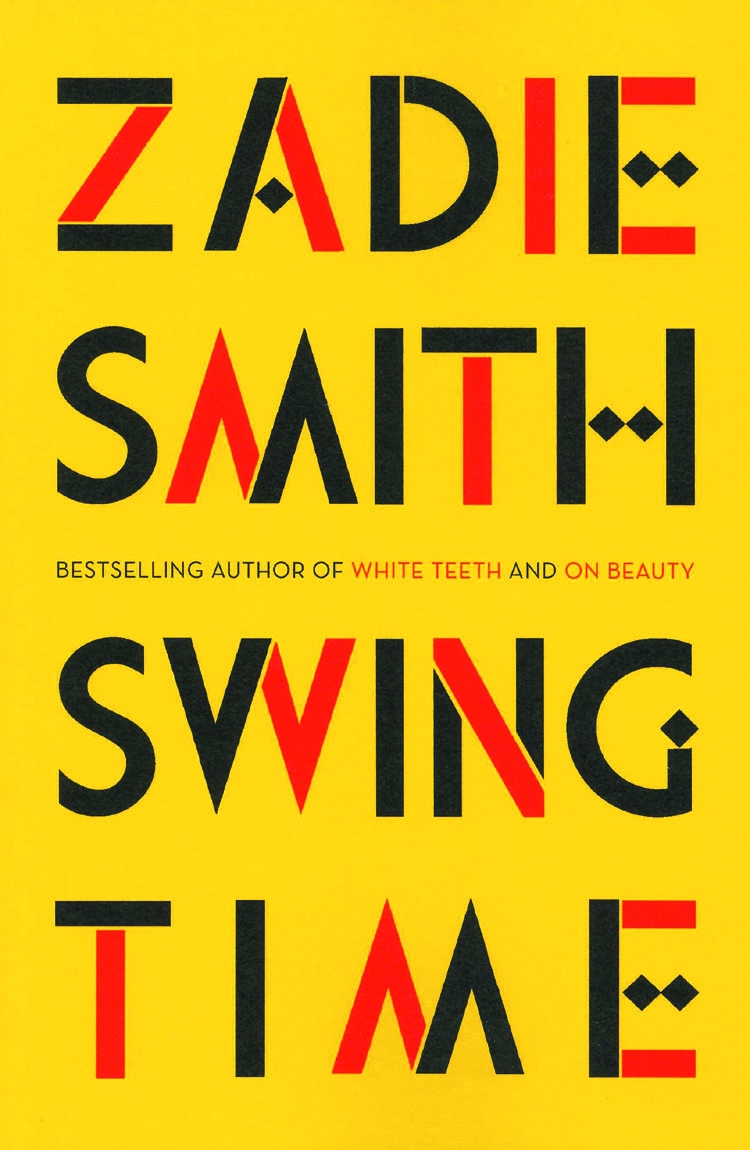Published: 12:00 AM, 18 December 2016
To thine own selves be true

"My own childhood had been the story of this and that combined, of the synthesis of disparate things," said Zadie Smith in December 2008 in a lecture at the New York Public library.
That speech touched on her experience of switching between the many argots of multicultural, class-riven Britain, but it was largely about then US President Barack Obama's rhetoric, what she saw as his ability to "speak America" into a cohesive whole. "His is the story of a genuinely many-voiced man. If it has a moral it is that each man must be true to his selves, plural."
Smith's work - from her sensational debut White Teeth to her newest novel Swing Time - is rooted in the hybrid lives, the complicated loyalties, and the many shades of belonging of her "multi-culti" characters.
As a comic novelist, however, she does not just hold up the placard for that idealism - to thine own selves be true - but allows us to watch its awkward dealings with reality: the slip-ups and the delusions, the rich comedy of people and desires at cross-purposes.
Swing Time is Smith's first novel told in the first person, by an unnamed narrator who is more observer than an actor ("I experienced myself as a kind of shadow"). The friendship between the narrator and Tracey, both biracial girls in working-class Willesden, is the beating heart of this ambitious novel.
The two seven-year-olds meet at a dancing class and, with the certainty of children, become fast friends. "Our shade of brown was exactly the same-as if one piece of tan material had been cut to make us both." But while Tracey is the born dancer and performer, her friend has flat feet.
Their mothers mark out more differences. Tracey, hair tied up in satin yellow bows, dressed in a frou-frou skirt and a crop top, was her mother's "aspiration and avatar".
The narrator describes herself as merely an accessory to her confident, feminist mother, whose linen trousers, frayed espadrilles and half-inch Afro, spoke for a "future not yet with us but which she expected to arrive at" and who believed it was in awful taste "to dress your daughter like a little whore".
Both belong to unprivileged, uniquely unhappy families, but while the narrator's parents are slowly prised apart by their respective degree of ambition (or the lack of it), Tracey makes up for an absent father with stories that were "at one and the same time absolutely true and obviously untrue, and perhaps only children are able to accommodate double-faced facts like these."
The novel follows Tracey and her friend as they grow up and grow apart. Tracey's promise and talent appear, initially, to set her on a path that leads out of the council estates via a spot in the stage school and minor roles in West End.
Her friend muddles along, determinedly avoiding accomplishment and love, even as her autodidact mother blooms into a political career. She finally lands a job as an assistant to Aimee, a mercurial pop star, who wants, among many other things, to save the world, more specifically, Africa.
Moving back and forth between the past and the present, between Willesden and an unnamed African nation where Aimee decrees a school for girls to being, between two girls discovering an obscure, forgotten black woman dancer in their VHS tapes and the peculiar codes of white birthday parties and pre-sexual school games, Swing Time packs in a lot.
Evident always is Smith's pitch-perfect social observation, her ear for dialogue and accents, her gentle mocking of her characters, and, most of all, her sense of the individual's place in the larger jigsaw and jumble of history.
But the novel stumbles and loses balance in keeping pace with jet-setting Aimee and her swiftly changing list of whimsies. (Tracey's story, left to dangle midway, is surely another novel waiting to be told.) The section on Africa, despite a few good characters, is a misstep.
Still, Swing Time has enough delights to keep its reader turning the page: its clear-eyed look at childhood ("What do we want from our mothers when we are children? Complete submission"), its comic portrait of the narrator's mother ("The fundamental skill of all mothers-the management of time-was beyond her. She measured time in pages.
Half an hour, to her, meant ten pages read…") and the wisdom, in a novel of fleeting connections and failed relationships, that people "do their best within the limits of being themselves".
The reviewer is a journalist at
www.indianexpress.com




